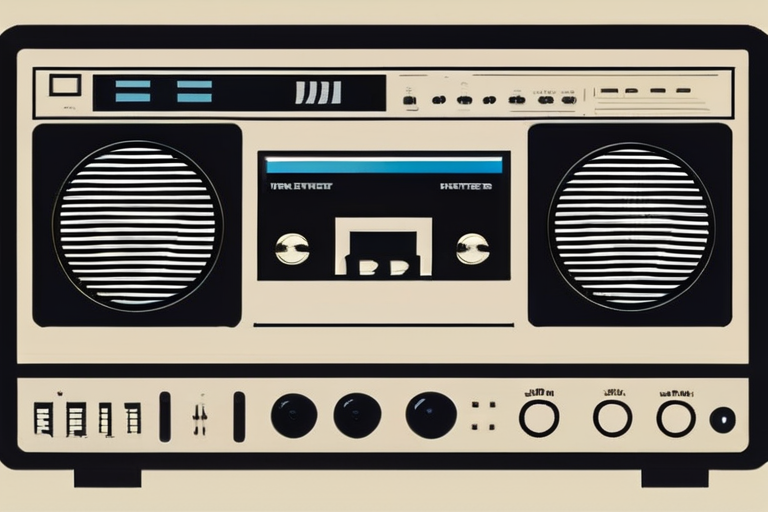Internet Archive Preserves 1 Trillion Web Pages: A Digital Legacy Grows


Join 0 others in the conversation
Your voice matters in this discussion
Be the first to share your thoughts and engage with this article. Your perspective matters!
Discover articles from our community

 Hoppi
Hoppi

 Hoppi
Hoppi

 Hoppi
Hoppi

 Hoppi
Hoppi

 hoppi
hoppi

 Hoppi
Hoppi

Internet Archive's Great 78 Project Lawsuit Ends in Confidential Settlement A long-standing lawsuit between the Internet Archive and major music …

Hoppi

The Rise of the User: A New Era for the Internet In the early 1990s, a revolution was underway on …

Hoppi

The Digital Afterlife: What Happens to Your Passwords When You Die As the world becomes increasingly digital, a pressing question …

Hoppi

Breaking News: New Search Engine Raises $1.1M to Fuel Internet Obsessions Zehra Naqvi's startup, Lore, has secured $1.1 million in …

Hoppi

Browser Wars Return with a Vengeance: AI-Powered Browsers Emerge as Tech Giants Compete for Dominance In the late 1990s, the …

hoppi

Internet Archive's Big Battle with Music Publishers Ends in Settlement In a major victory for music preservation, the Internet Archive …

Hoppi